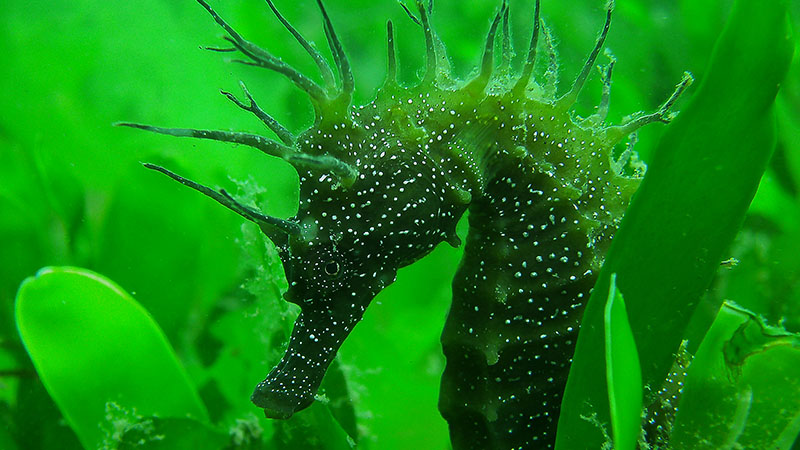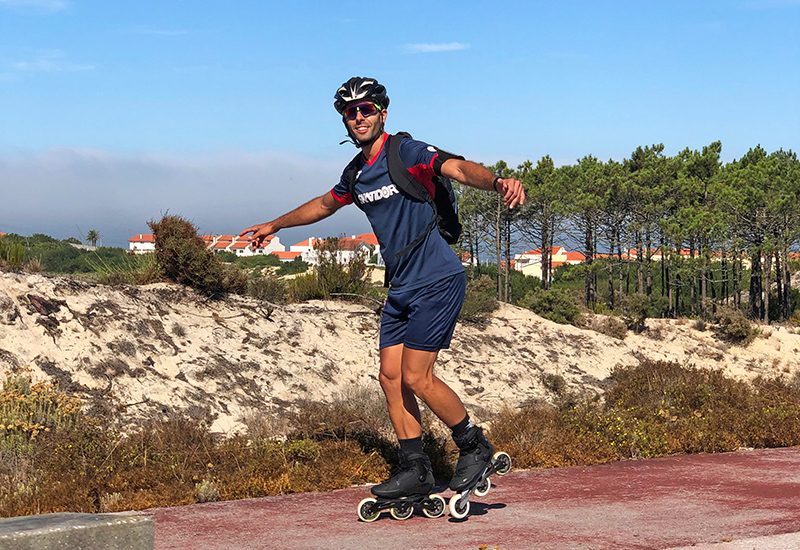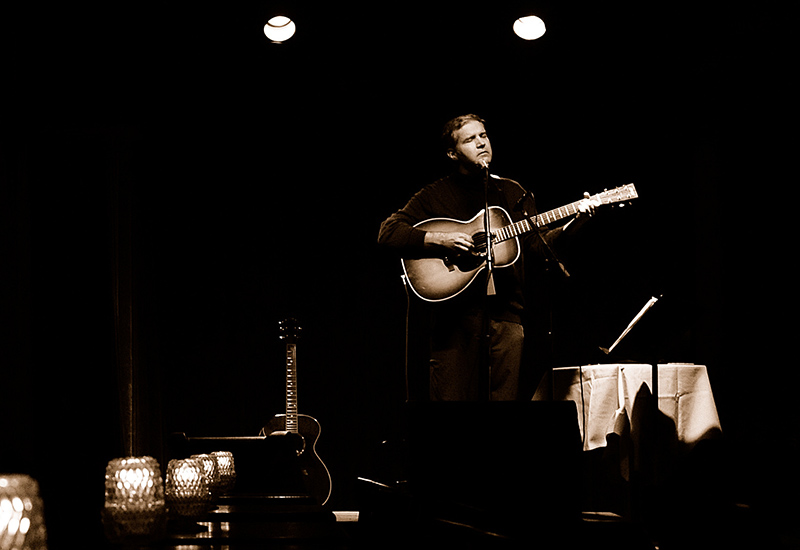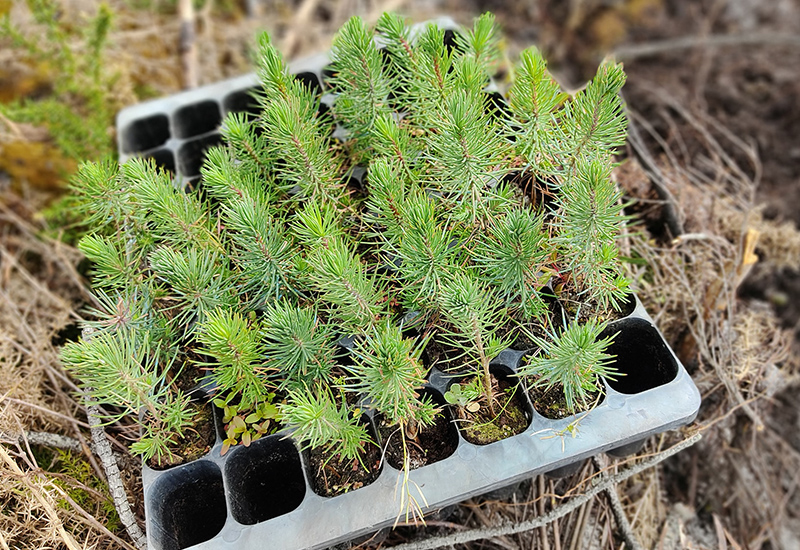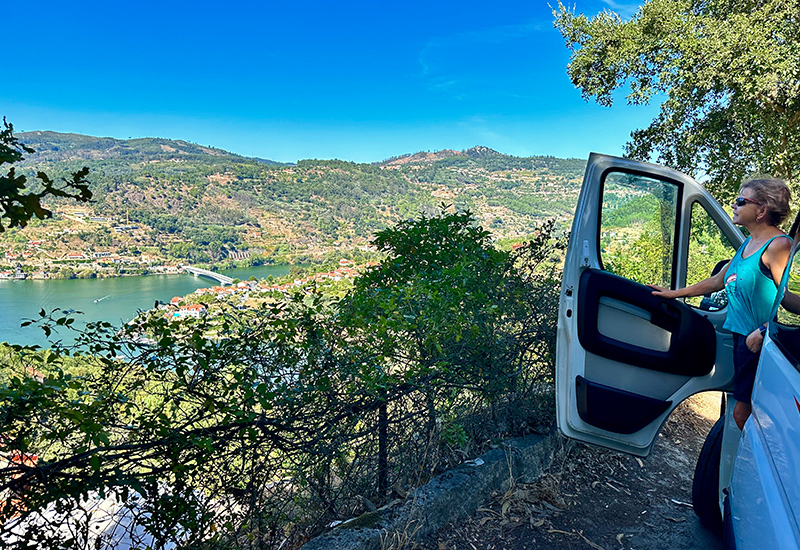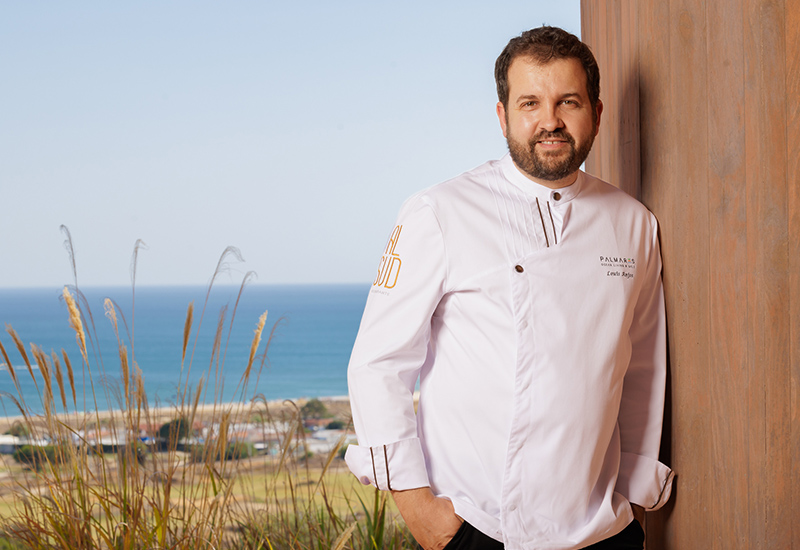They are weird, wacky, and charming fish who desperately need our help to survive. Vaughan Willmore explains how we can help.
Portugal is home to many wonderful marine creatures, but surely none are as enchanting as the seahorse. Their unique shape and charming behaviour, including couples holding each other’s tails and the monogamous nature of certain species, appeal to our hearts. Yet, despite their charm, it is humankind that threatens their existence.
In 2001, a survey by Dr Janelle Curtis (now a research scientist at Fisheries and Oceans Canada) identified the highest density of long-snouted and short-snouted seahorses in the world in the Ria Formosa National Park. Unfortunately, there has been a dramatic reduction in their numbers since that landmark survey. This has partly been due to poor (and illegal) fishing practices and because seahorses have an economic value in the global trade of aquaria, medicine, and curiosities.

Seahorses have a strong bond with their habitat. Once they find a place to call home, they become long-term residents. This characteristic makes them indicative of the health of these habitats, both for seahorses and other marine life.
The Seahorse, Pipefish and Seadragon Specialist Group (SPS SG) provides advice to governments and other groups and is managed by Project Seahorse, a global marine conservation organisation. It’s an award-winning team that has made measurable gains in marine conservation worldwide.
Dr Miguel Correia represents the group here in Portugal. He explained that “Project Seahorse has been working to raise awareness of the plight of seahorses with a focus on protecting and enriching their habitat. Bottom trawling – a method of fishing that involves dragging heavily weighted nets across the seafloor – damages the natural habitat and has been a particular problem, even though it’s illegal in the protected area of the Ria Formosa.”


Dr Correia is currently working on a project focused on their individual identification, an initiative that will help him and his colleagues understand more about their behaviours, welfare, and lifespan. Importantly, this work has taken place with the involvement of key stakeholders, including local fishermen, and so is gaining widespread support.
Last year, 60 seahorses were released into the Ria Formosa. Part of a repopulation project called Seahorse, it was led by the Centre for Marine Sciences at the University of the Algarve. They were released in one of the two sanctuary areas created in the estuary between Faro and Olhão.
Saving Seahorses
In addition to these excellent initiatives, we can all make a difference and help save seahorses and protect other marine life:
- Never touch or remove seahorses
- Avoid anchoring boats in sensitive habitats
- Practice good diving and snorkelling habits
- Volunteer at the Ria Formosa Natural Park
- Take your litter home
- Participate in citizen science projects such as iSeahorse
- Take part in Ria Formosa clean-up initiatives
Seahorses are indeed weird, wacky, and charming fish. Let’s do all we can to help these beautiful creatures flourish.
Fun Facts
- There are 44 different known species of seahorses
- Two species are known to live in Portugal – the long-snouted seahorse and the short-snouted seahorse
- Couples ‘greet’ each other every day and hold tails
- The young depend on parental care for survival longer than most fish
- Many species are seasonally monogamous
- Males become pregnant
iSeahorse is a tool created by Project Seahorse to help transform marine conservation into a popular and powerful force. Anyone anywhere in the world who sees a seahorse in the wild can upload their photos and observations to the iSeahorse website at www.iSeahorse.org.
By harnessing the power of citizen scientists, they gather information to improve their understanding of seahorse distribution, life history and population attributes, as well as the many threats they face and how they can be addressed.
